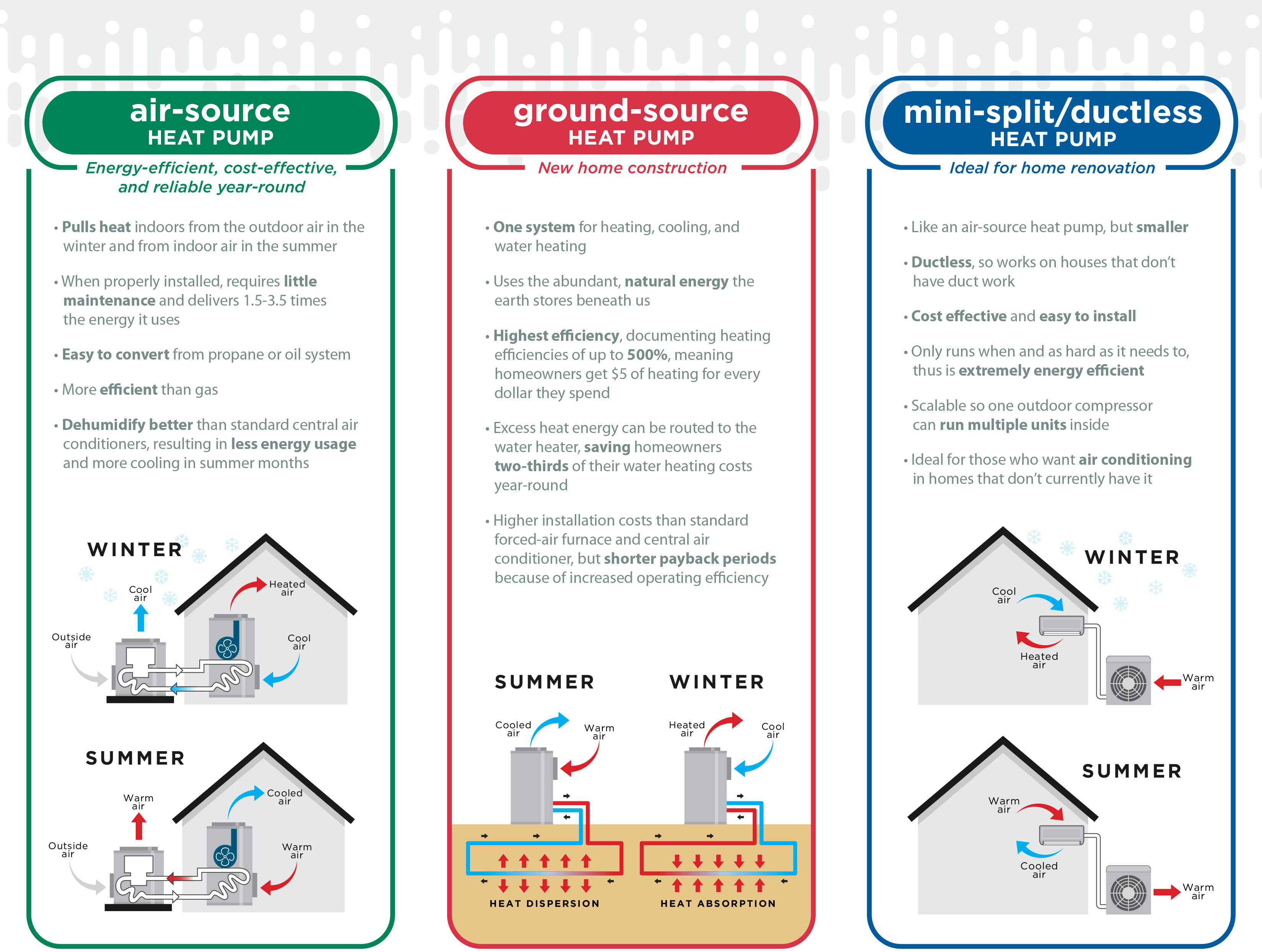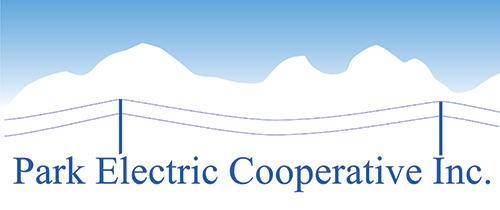Heating and Cooling
HEATING & AIR CONDITIONING Heating, ventilating, and air conditioning (HVAC) uses the largest chunk of your home energy dollars. In fact, Heating/Cooling in an average household makes up 42% of your energy bill. By keeping them running “lean and mean” you will save money by conserving energy. You can also save as much as 10% per year on your energy bill by setting your thermostat back 7-10 degrees for 8 hours a day while you are at work.
Here are some easy savings Ideas
- HVAC systems should be checked to verify they are moving the correct amount of air. A HVAC technician can tell you if it is.
- Heat pumps and air conditioning systems should be checked annually to verify they are properly charged, strictly in accordance with manufacturer guidelines.
- Inside and outside coils should be kept clean and free of debris.
- Gas furnaces should be tuned for maximum combustion efficiency.
- Change HVAC air filter monthly. We recommend low air flow resistive filters.
- Have an HVAC technician check carefully for duct leaks. Leaks that are found should be sealed with fiberglass mesh and mastic sealant.
- Check your duct system for leaks at the return, air handler, and supply. If you have a mobile home check at the grill located on your wall, cross over ducts, and down flow air handler, for leaks.
What type of heating/cooling system should I buy? You have many choices when it comes to selecting an HVAC system. Here are some things to consider:
• There are three types of heat pumps:
- Air-to-air- heat pumps achieve higher efficiencies by transferring heat between your house and the outside air temperature.
- Water source- heat pumps achieve higher efficiencies by transferring heat between your house a nearby water source.
- Geothermal- heat pumps achieve higher efficiencies by transferring heat between your house and the ground.
The most common type of heat pump is the air-source heat pump, which transfers heat between your house and the outside air. Today's heat pump can reduce your electricity use for heating by approximately 50% compared to electric resistance heating such as furnaces and baseboard heaters.
• The efficiency of a cooling system is expressed as a SEER (Seasonal Energy Efficiency Ratio) number. The higher the SEER (Cooling) rating and HSPF (Heating) rating the lower the operating cost. Use the Energy Star® efficiency as your guide. http://www.energystar.gov
• Ductless or mini split heat pumps are a great choice, where possible.
• Systems with higher SEERs and HSPFs cost more initially, but have lower operating costs. Split-system heat pumps with an ENERGY STAR® label have SEERs of 14.5 or higher and HSPFs of 8.2 or higher.
Park Electric offers rebates for programmable thermostats. Click here to learn more.

